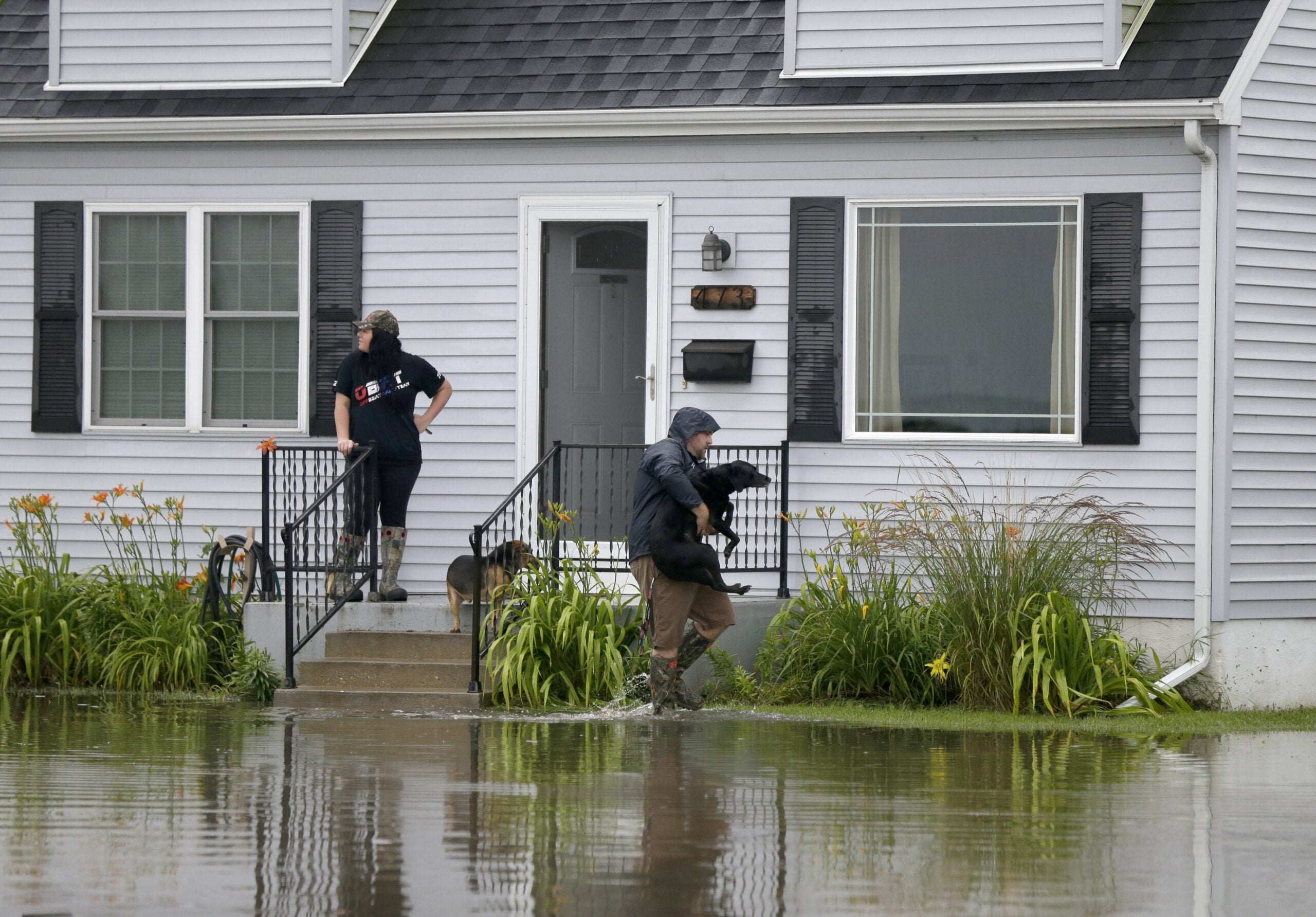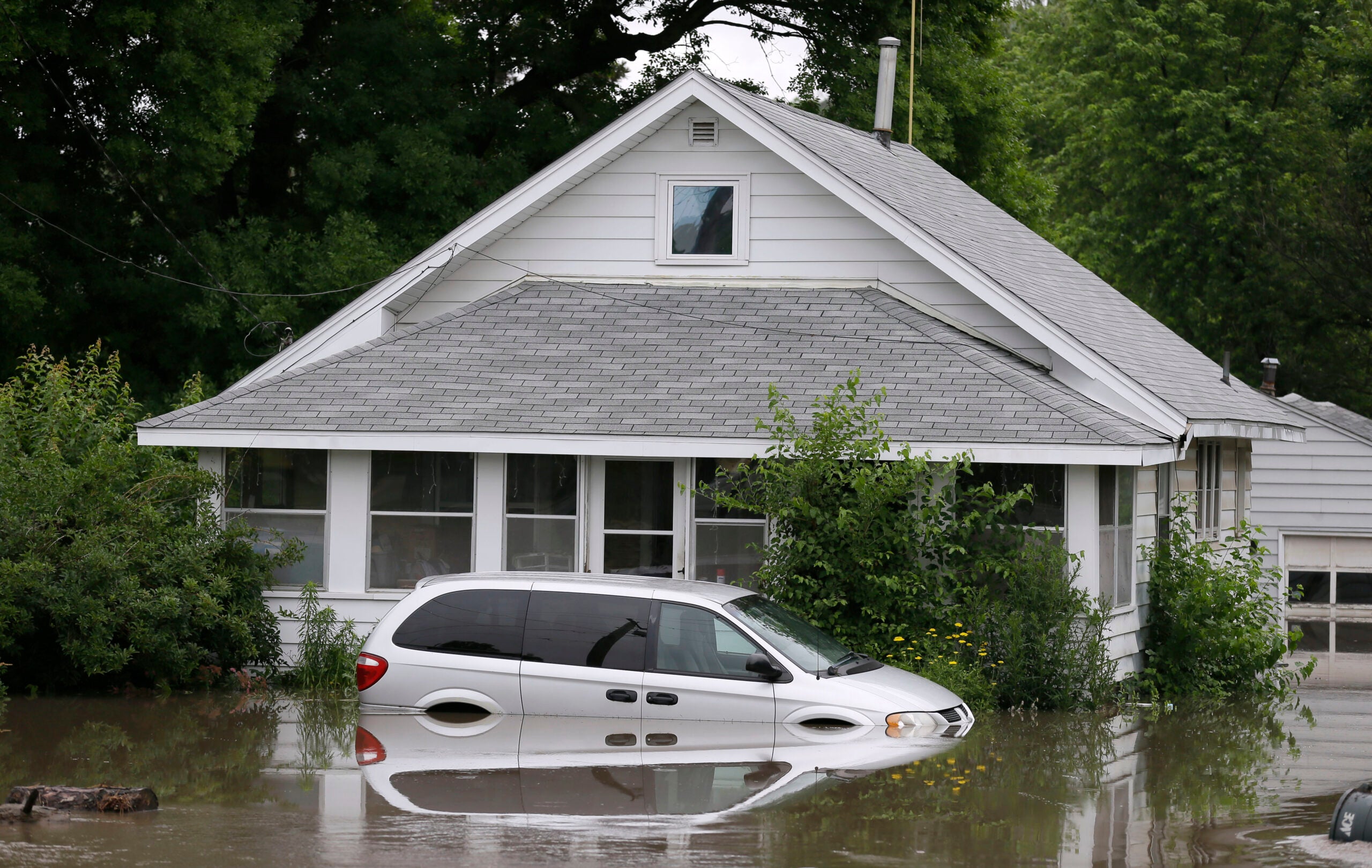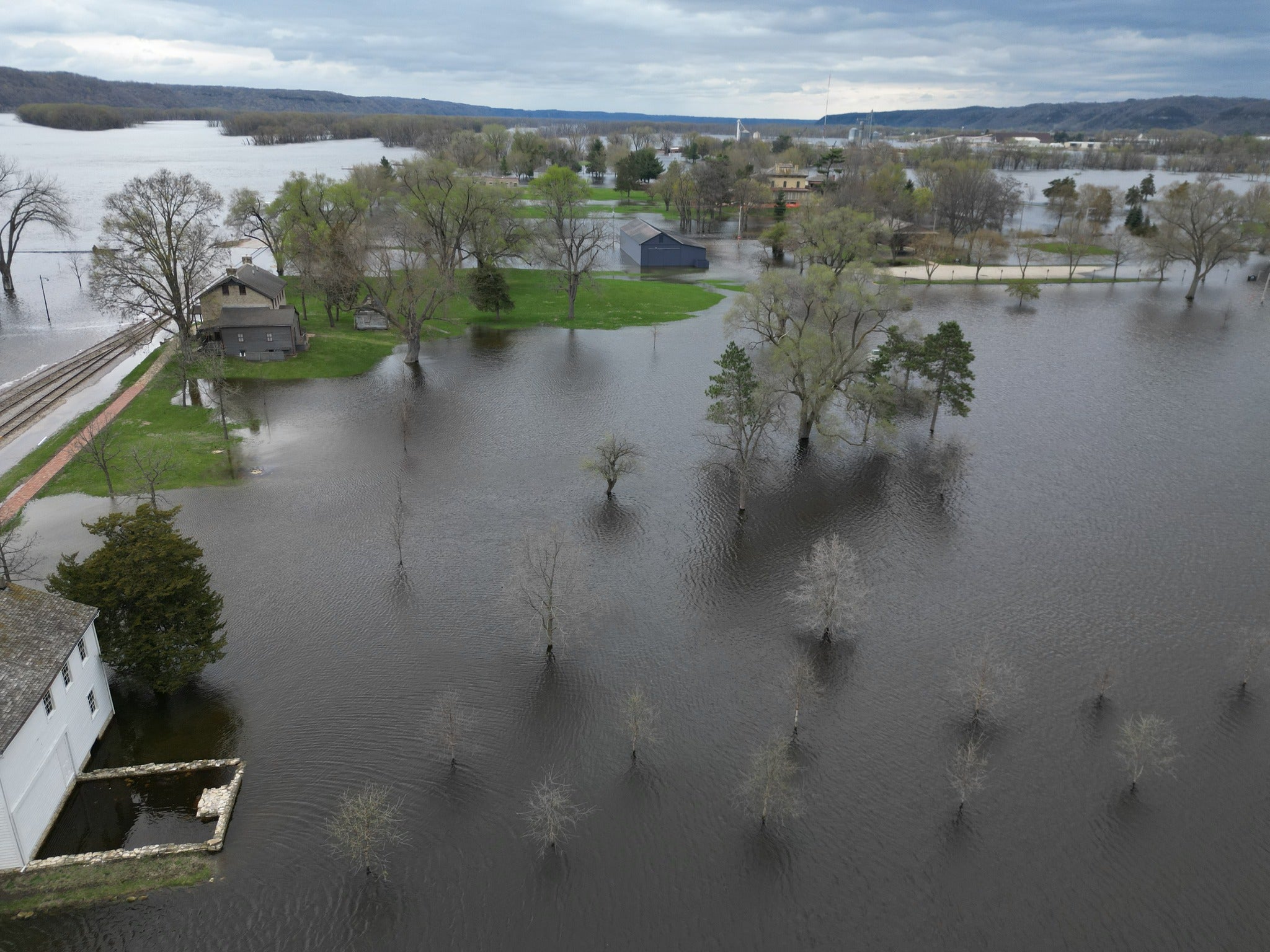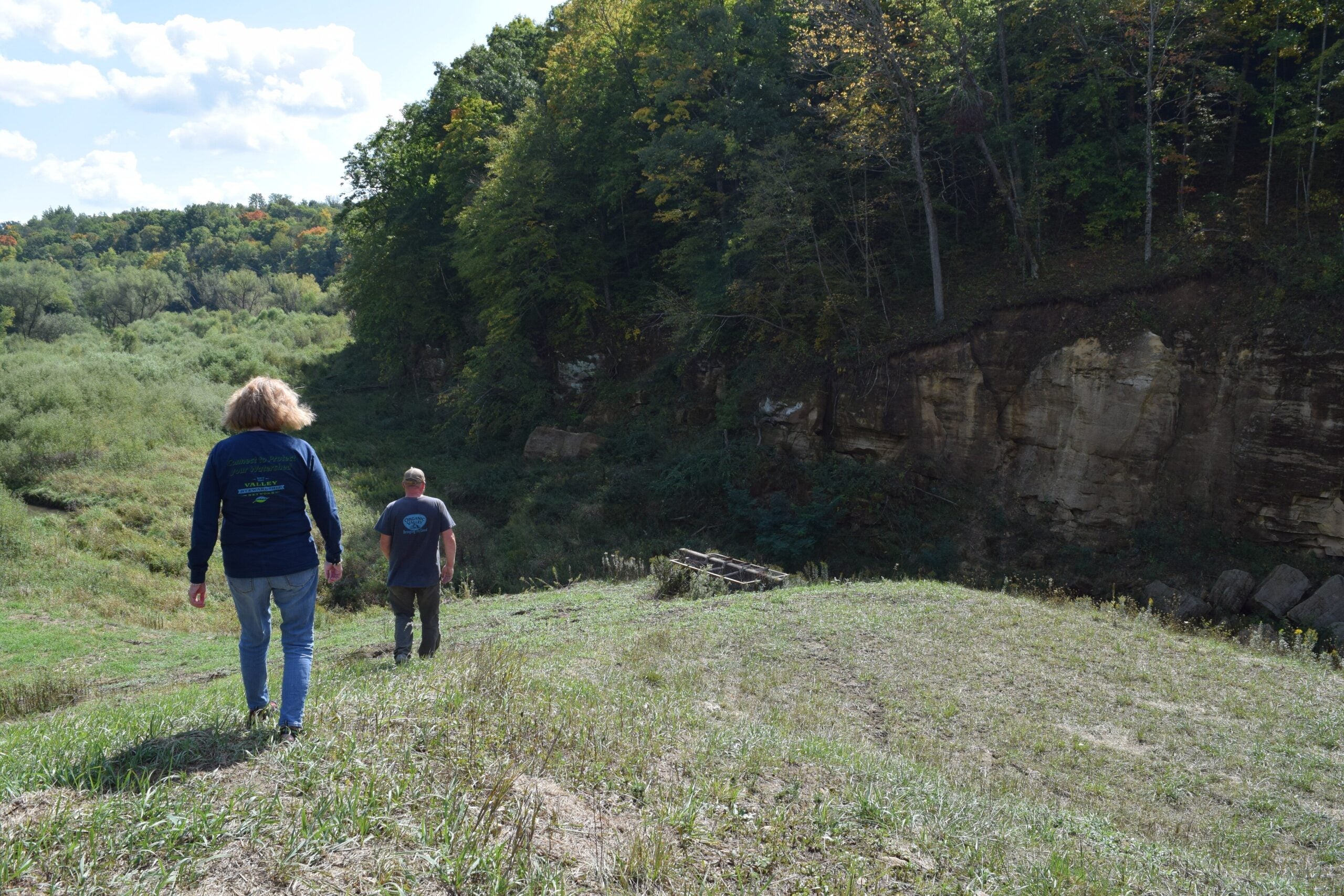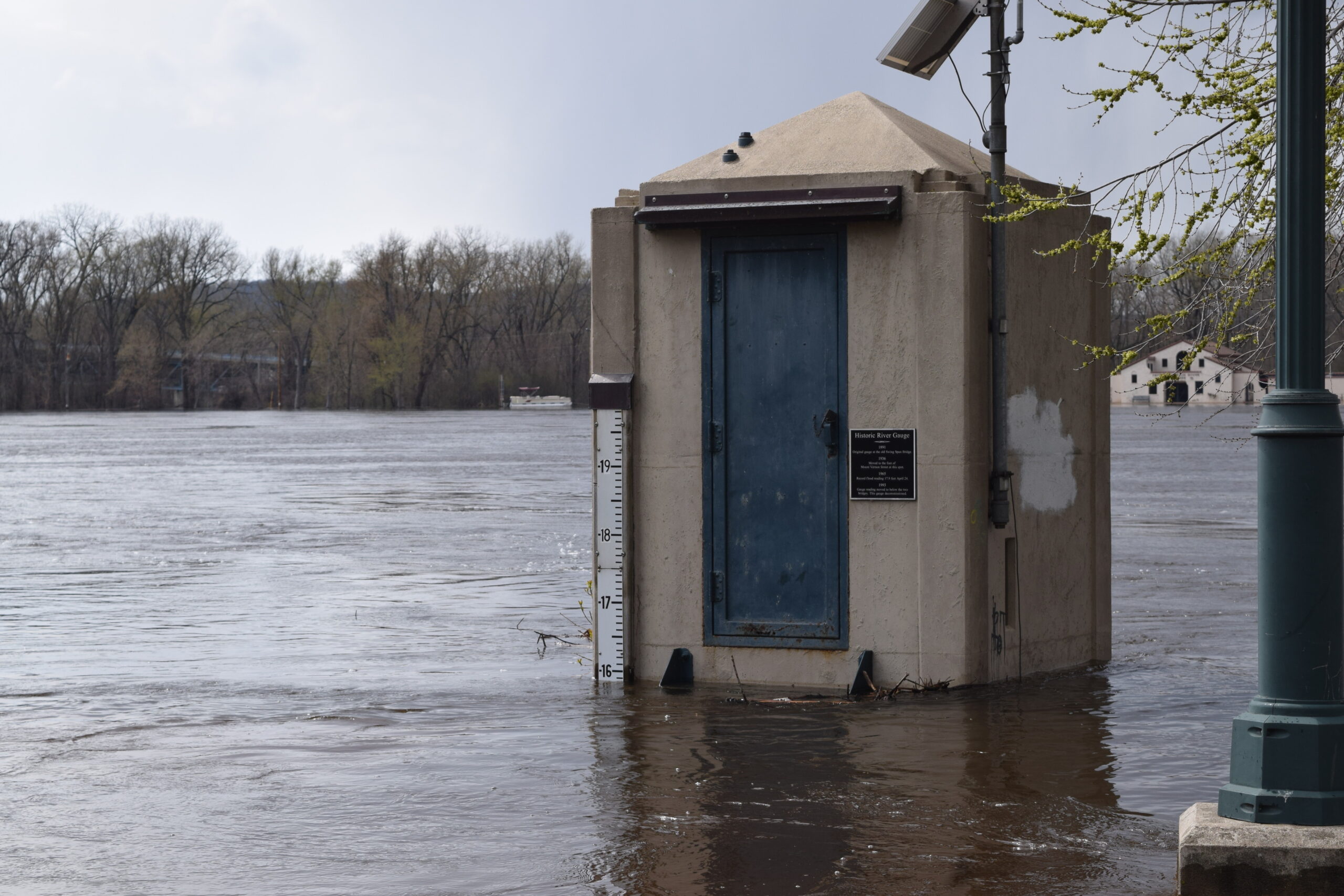As flooding continues to impact Wisconsin communities, state consumer protection officials are warning residents about predatory contractors.
Lara Sutherlin, division administrator for the state Department of Agriculture, Trade and Consumer Protection, said transient contractors come into the state every spring to take advantage of homeowners affected by flooding or other natural disasters.
“(They are) folks coming to your door that would offer services to remediate whatever storm damage you may be suffering but at a lot lower cost and quicker than anyone else is offering them,” Sutherlin said. “The reality is they often are using shoddy materials or they’re just going to take your money and not actually perform the work.”
Stay informed on the latest news
Sign up for WPR’s email newsletter.
Often called “storm chasers,” Sutherlin said the scammers will prey on vulnerable residents trying to recover, especially the elderly.
“(Seniors) often are more isolated and susceptible to high pressure sales tactics and promises of remediating harm immediately. And they can often be more susceptible to this notion that ‘if you don’t do this right now, all these other horrible things will befall you,’” Sutherlin said.
Lisa Schiller, director of investigations for the Better Business Bureau Serving Wisconsin, says her organization starts getting reports of contracting scams shortly after every weather-related disaster.
“The complaint from year to year is that the consumer makes a payment and then later doesn’t know who they hired. The company doesn’t produce any information about themselves, business cards or brochures,” Schiller said. “There’s no way that we or probably any agency can assist them in trying to get their money back.”
Schiller said homeowners affected by flooding should call their insurance agency and take photos of the damage before getting estimates from several local contractors.
She said the process can be overwhelming for people who just experienced a disaster like flooding.
“It’s our home, it’s probably the most expensive thing we’ll ever purchase in our lifetimes. And because of that, consumers often think with their heart and not so much with their head,” Schiller said. “They’re feeling very vulnerable and they want to get the repairs made as soon as possible.”
Schiller said consumers should call the Better Business Bureau or go online to verify that a contractor is reputable.
They can also call DATCP’s hotline to check if a contractor has any consumer complaints filed against them.
Wisconsin Public Radio, © Copyright 2025, Board of Regents of the University of Wisconsin System and Wisconsin Educational Communications Board.
